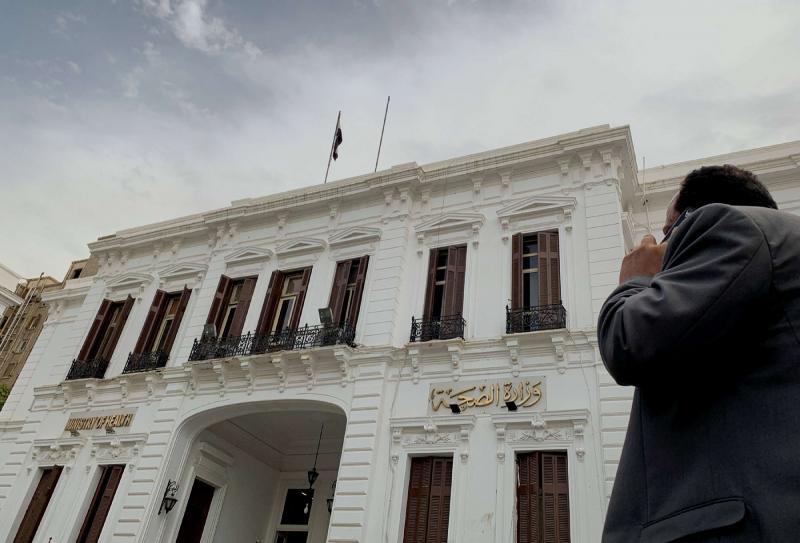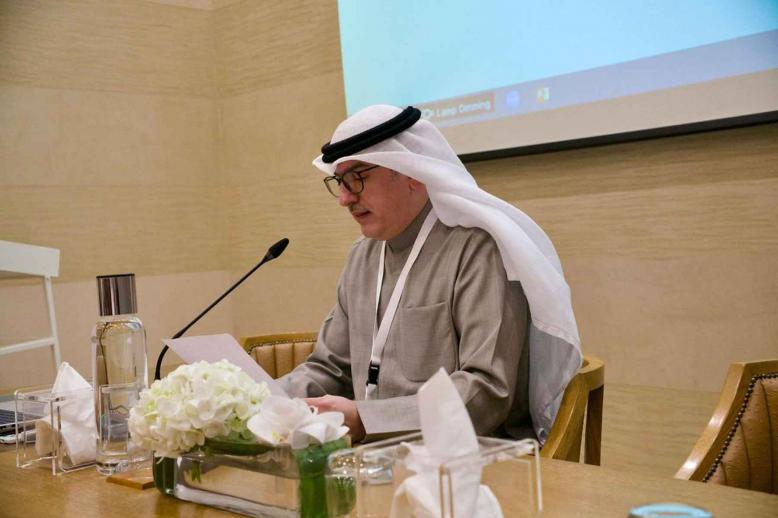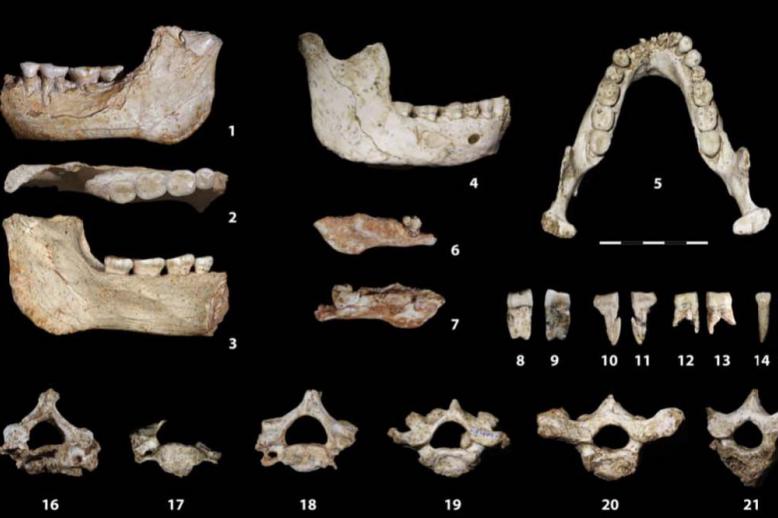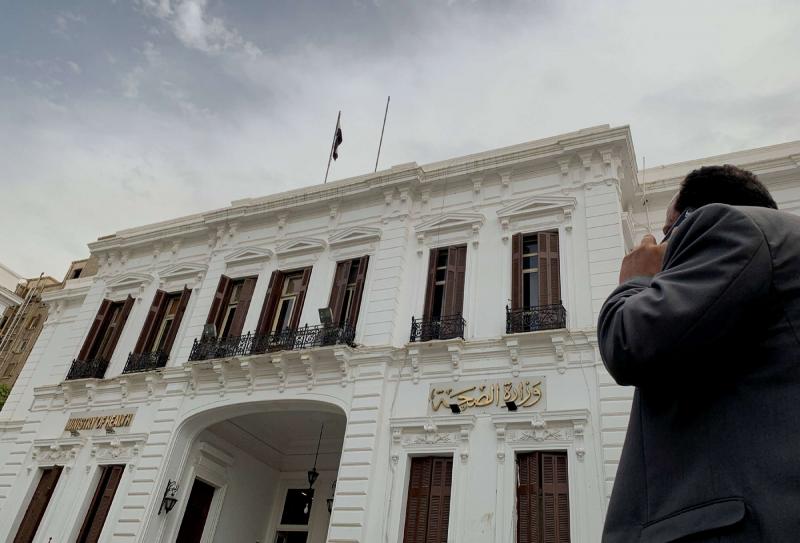Poor working conditions hamper Egypt’s medical professionals’ effort to stop spread of virus
CAIRO--For decades Egypt’s health-care professionals, considered by many to be underpaid, have struggled to improve their working conditions, which have been greatly tested by COVID-19 pandemic.
Egyptian officials and the public have expressed appreciation for the efforts of the medical sector. Egyptian Prime Minister Mostafa Madbouli described Egyptian doctors and nurses as the “first line of defence” and President Abdel Fattah al-Sisi said they were “fighting a battle similar to a real war.”
Egyptian social media users shared stories and photos of doctors and nurses at the quarantine hospitals, paying tribute to their efforts in containing the virus, which has killed more than 40 people and infected more than 500 in the country.
However, such recognition has not materialised into monetary remuneration in a country where infection risk allowances paid to doctors and nurses working for public hospitals are 9-30 Egyptian pounds ($0.57-$1.91), figures last adjusted in 1995.
“I’m a consultant anaesthesiologist with a monthly salary of 3,000 pounds ($191). I work extra shifts at a private hospital to make a decent living, which is very exhausting,” said a female doctor who declined to be named, working for a public hospital.
“It is not just about the infection allowance,” she said. “We are concerned about ourselves. Who would treat us when we get sick or exhausted for standing long hours in the operating room? There is no proper health-care system offered to doctors working for the government in Egypt.”
In 2017, a court overturned a ruling that would have increased risk allowance to 1,000 pounds ($64).
With the outbreak of the coronavirus, the medical corps renewed calls for better working conditions. These coincided with Egypt’s National Doctors’ Day, March 18.
The Egyptian Medical Syndicate, the main association representing physicians, called on Sisi to raise the risk allowance to at least 2,000 pounds ($127). On March 29, Sisi raised the monthly professional allowance for doctors, nurses and pharmacists working for public and university hospitals 75%. There was no mention, however, of an infection risk increase.
Sisi announced a fund for disasters and ordered bonuses to be offered to medical personnel at quarantine hospitals. However, the physicians’ syndicate said the raise “did not conform to the efforts and sacrifices made by the health professionals.”
“If you do some calculations, you will find out that a doctor will get about an extra 400 pounds ($25) after taxes are deducted,” said Ibrahim el-Zayat, an Egyptian Medical Syndicate board member. He said medical personnel are “long-time fighters who put their lives at stake every day.”
Zayat said that, as of March 29, at least 30 medical personnel in Egypt had contracted the coronavirus. He said the precarious conditions of medical staff were aggravated by the shortage of medical supplies and equipment, which increases the risk of infection.
“There is a nationwide shortage of personal protective equipment that keeps doctors and nurses from contracting COVID-19 and other possible viruses,” Zayat said. “The syndicate has received several complaints from doctors who said that they bought them at their own expense.”
“While there is a huge shortage of masks, gloves and disinfectants, Egypt sent medical supplies to Italy and China in the form of assistance,” complained one nurse speaking on condition of anonymity. “The deadly virus does not differentiate between a nurse and patients. All are at risk of contagion,” he added.
Egypt has been facing a serious wave of emigration by physicians, deeply affecting the quality of health care in the country. From 2016-19, more than 10,000 doctors left the country, the Egyptian Medical Syndicate said.
The Egyptian Ministry of Health said there are 103,000 doctors for about 100 million citizens — about ten doctors per 10,000 citizens. The global average is 32 doctors for every 10,000 citizens.
There are many reasons discouraging doctors from practising in Egypt, including relatively low salaries and undesirable working conditions, such as poor medical facilities and a lack of supplies in government hospitals.
Doctors say they need laws to protect them from patients and their families when they become belligerent if doctors can’t successfully treat them or if patients don’t like some aspect of their medical care.
Marwa al-A’sar is a Cairo-based journalist.
This article was originally published in The Arab Weekly.







